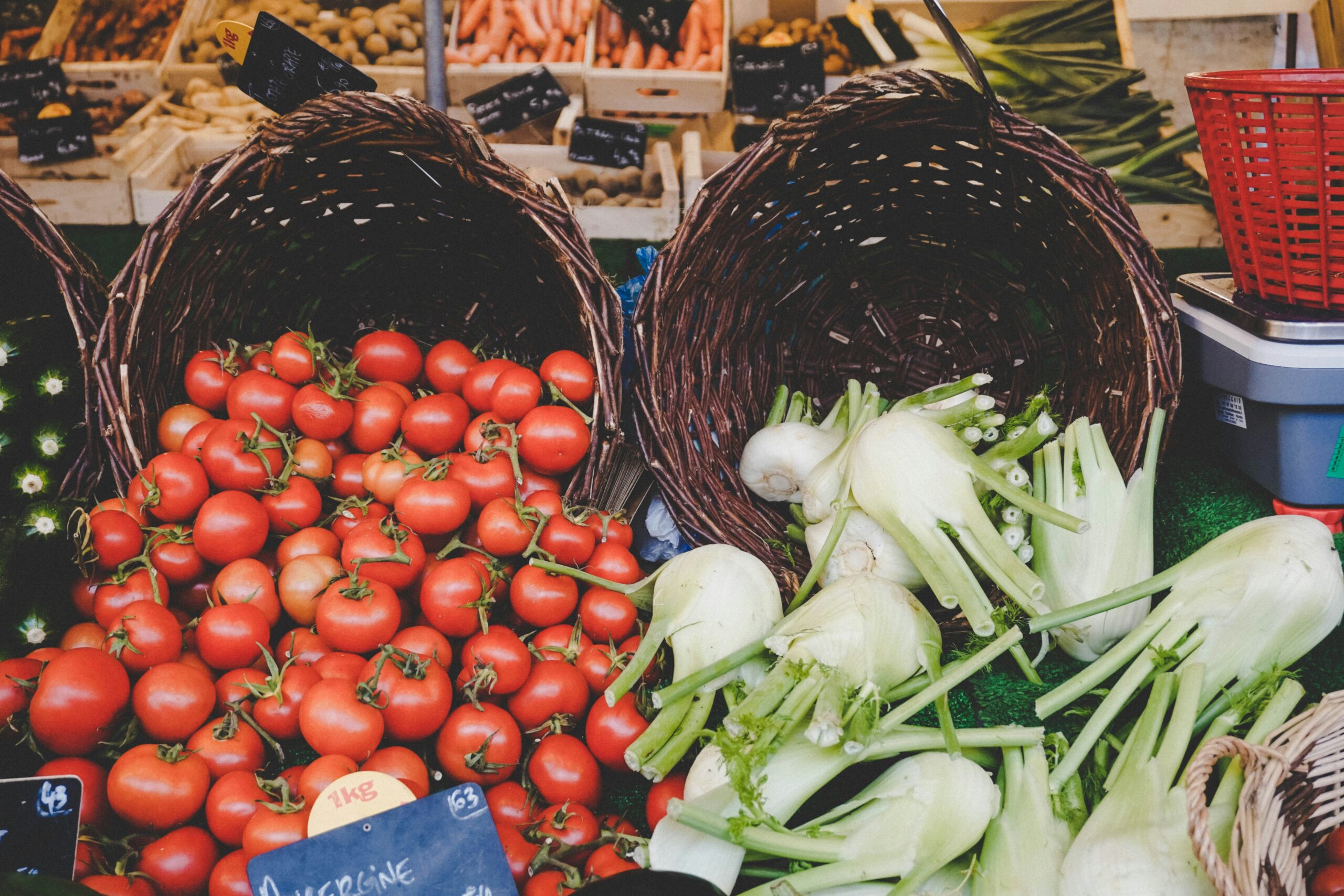Introduction
The consumption of organic products is rapidly expanding worldwide, and Africa is no exception. African organic products are gaining increasing interest not only on the continent but also internationally. This trend is driven by a growing awareness of the health and environmental benefits of organic products, as well as a continuously rising global demand for healthy and sustainable foods.
A Growing Market
Africa boasts rich biodiversity and agricultural conditions favorable to organic production. Countries like Morocco, Egypt, Kenya, and South Africa are at the forefront of this agricultural revolution. For example, Morocco has become a leader in the production of organic argan oil, while Kenya excels in producing organic fruits and vegetables such as avocados and mangoes.
The Benefits of Organic Products

- For Health: Organic products are grown without synthetic pesticides and chemicals, reducing exposure to potentially harmful substances. They are also richer in essential nutrients, contributing to better overall health.
- For the Environment: Organic farming promotes sustainable practices such as crop rotation and the use of natural compost. This helps preserve soil fertility, reduce water pollution, and protect local biodiversity.
- For the Local Economy: The rise of organic production creates economic opportunities for small farmers. By selling their products at higher prices in local and international markets, they can improve their incomes and living conditions.
Challenges and Opportunities
Despite its numerous benefits, organic production in Africa faces several challenges. Farmers often struggle with a lack of access to specialized training and financial resources to certify their organic products. Additionally, infrastructures for storing and transporting fresh produce are often inadequate.
However, these challenges also represent opportunities. Investing in training, infrastructure, and certification systems could not only overcome these obstacles but also enhance the competitiveness of African organic products in the global market.
Consumer Enthusiasm
African consumers are becoming increasingly aware of the benefits of organic products. In major cities like Lagos, Nairobi, and Cairo, there is a rise in specialized outlets for organic products, from farmers’ markets to supermarkets. The middle and upper classes, in particular, are willing to pay a premium for products perceived as safer and more nutritious.
The International Scene
African organic products are also attracting attention from international markets. The European Union and the United States are major importers, seeking to diversify their supply sources. African products such as Ethiopian coffee, Kenyan tea, and Moroccan dried fruits are finding a prominent place on the shelves of Western organic stores.
Conclusion
The consumption of African organic products is a growing trend, driven by increased demand for healthy and sustainable products. Although challenges remain, there are numerous opportunities to develop this sector. With appropriate investments and increased support for farmers, Africa could become a key player in the global organic market, contributing to a greener and more prosperous agriculture.








